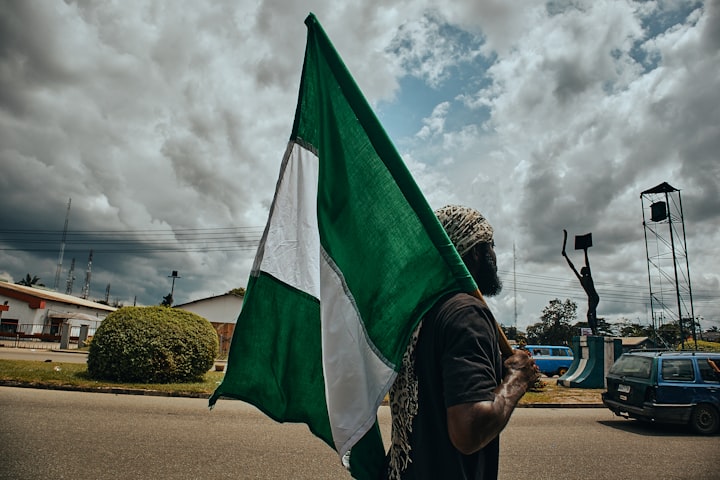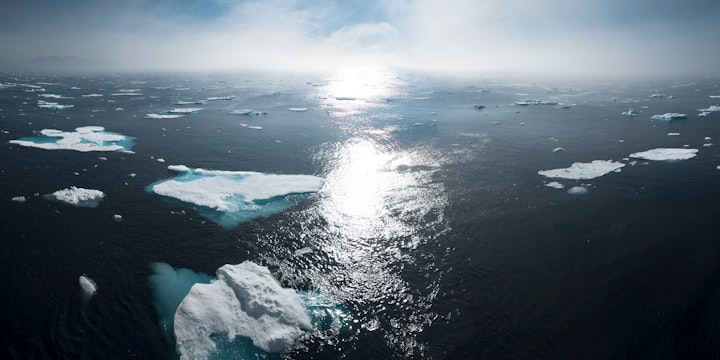Definition and Historical Development In politics
Politics is the process of making decisions that apply to members of a group or society, often involving the exercise of power and authority to achieve certain goals

Government: Politics is closely connected to government, which is the system through which a society is governed and administered. Governments have various structures, such as democracies, republics, monarchies, and dictatorships, each with different ways of distributing power and authority.
Political Parties: Political parties are organized groups of people who share similar political ideologies and objectives. They seek to gain control of government through elections and influence policy decisions. Parties often have different stances on economic, social, and foreign policy issues.
Elections: Elections are a fundamental aspect of politics in democratic societies. They allow citizens to choose their representatives and leaders through a voting process. Elections can be held at various levels, including local, regional, national, and international.
Political Ideologies: Political ideologies are sets of beliefs and values that shape the way individuals and parties view society and governance. Common ideologies include conservatism, liberalism, socialism, communism, and others.
Public Policy: Public policy refers to the decisions and actions taken by governments to address various issues and challenges. It encompasses a wide range of areas, including economic policy, social welfare, education, healthcare, and environmental protection.
International Relations: Politics is not limited to individual countries but also involves interactions between nations. International relations deal with diplomacy, trade, security, alliances, and cooperation among countries.
Political Activism and Protests: Individuals and groups often engage in political activism and protests to promote specific causes, advocate for change, and express dissent. These activities are a means for citizens to participate in the political process and influence decision-making.
Political Institutions: Political institutions are the organizations and structures that shape the functioning of politics and government. These may include legislatures, executive branches, judiciaries, political parties, and interest groups.
Political Economy: Political economy examines the interrelation between politics and economics. It studies how political institutions and processes influence economic policies and outcomes, and vice versa.
Political Power and Influence: Politics revolves around the distribution and exercise of power and influence. Various actors, such as politicians, interest groups, corporations, and citizens, strive to gain and maintain power to advance their interests and agendas.
Politics is an ever-evolving field influenced by historical context, social dynamics, technological advancements, and changing societal norms. It plays a crucial role in shaping the direction and development of societies worldwide.Definition and Historical Development:
Politics is the process of making decisions that apply to members of a group or society, often involving the exercise of power and authority to achieve certain goals. It has existed throughout human history and is deeply intertwined with the formation and evolution of organized societies. In ancient civilizations like Mesopotamia, Egypt, and Greece, politics played a crucial role in governing city-states and empires. The concept of governance and political organization has evolved over time, adapting to changing social, economic, and technological landscapes.
Key Components of Politics:
A. Government: Politics and government are closely connected. Government is the system through which a society is governed and administered. It establishes the rules and laws that regulate the behavior of individuals and institutions within its jurisdiction. Governments can take various forms, including democracies, republics, monarchies, and dictatorships, each with distinct ways of distributing power and authority.
B. Political Parties: Political parties are organized groups of people who share similar political ideologies and objectives. They seek to gain control of government through elections and influence policy decisions. Parties often have different stances on economic, social, and foreign policy issues, and they play a significant role in shaping the political landscape.
C. Elections and Voting: In democratic societies, elections are a fundamental aspect of politics. They allow citizens to choose their representatives and leaders through a voting process. Elections can occur at various levels, including local, regional, national, and international. Voting is a means for citizens to participate in the political process and influence decision-making.
D. Political Ideologies: Political ideologies are sets of beliefs and values that shape the way individuals and parties view society and governance. Common ideologies include conservatism, liberalism, socialism, communism, and others. These ideologies guide policy positions and the direction of political discourse.
E. Public Policy: Public policy refers to the decisions and actions taken by governments to address various issues and challenges. It encompasses a wide range of areas, including economic policy, social welfare, education, healthcare, and environmental protection. Public policy is influenced by political ideologies, public opinion, and the interests of various stakeholders.
F. International Relations: Politics is not limited to individual countries but also involves interactions between nations. International relations deal with diplomacy, trade, security, alliances, and cooperation among countries. Global politics plays a crucial role in shaping the world's geopolitical landscape and resolving conflicts.
Types of Politics:
A. Domestic Politics: Domestic politics refers to political activities and processes within a specific country or nation-state. It involves issues related to governance, policy-making, elections, and the relationship between the government and its citizens.
B. International Politics: International politics deals with the interactions between countries and the role of global organizations such as the United Nations in addressing global challenges. It includes issues like international diplomacy, trade agreements, security alliances, and humanitarian interventions.
C. Comparative Politics: Comparative politics is a subfield that involves comparing different political systems, governments, and policies across countries to understand similarities and differences and identify patterns and trends.
D. Public Administration: Public administration is concerned with the implementation of public policies and the functioning of government agencies and institutions. It focuses on how governments deliver services and manage resources effectively.
Impact of Politics:
Politics has a profound impact on societies and individuals in various ways:
A. Policy Formation and Implementation: Political decisions and policies shape the socio-economic and cultural landscape of a nation. They impact education, healthcare, infrastructure, economy, and the overall quality of life for citizens.
B. Social Justice and Equality: Politics can influence the distribution of resources and opportunities, addressing issues of social justice, equality, and human rights. It can either foster inclusive policies or perpetuate inequalities within society.
C. Stability and Security: The effectiveness of political institutions and decision-making processes can impact a country's stability and security. Strong governance and political stability are essential for social cohesion and economic development.
D. International Relations: Politics plays a significant role in shaping the dynamics between nations, affecting trade, diplomacy, conflict resolution, and global cooperation.
E. Civil Liberties and Human Rights: Political decisions can impact civil liberties and human rights. Protecting and upholding these rights is a crucial aspect of democratic governance.
F. Public Participation and Engagement: Politics provides avenues for citizen participation through voting, advocacy, and political activism. Active citizen engagement is vital for a thriving democracy.
Conclusion:
In conclusion, politics is an integral part of human society and is critical to the functioning of governments and decision-making processes. It encompasses various aspects, including government, political parties, elections, ideologies, public policy, and international relations. Politics has a significant impact on societies and individuals, shaping policies, social justice, stability, international relations, and civil liberties. Understanding and actively participating in politics are essential for citizens to contribute to the betterment of their communities and promote a more just and equitable world.





Comments
There are no comments for this story
Be the first to respond and start the conversation.